I’m sure you’ve heard the saying, “Consistency is Key,” but why? Individuals engaged in fitness pursue their goals by progressing some level of their training. What often gets overlooked is the foundation that makes progress possible: consistency.
The Way to Long-Term Fitness
 Achieving any fitness goal takes time and steady effort. To reach your dreams, you must stack “wins.” No one transforms overnight, and accepting this truth helps you embrace the value of consistency. Completing a killer workout is great, but it means little without regular effort to keep challenging your body.
Achieving any fitness goal takes time and steady effort. To reach your dreams, you must stack “wins.” No one transforms overnight, and accepting this truth helps you embrace the value of consistency. Completing a killer workout is great, but it means little without regular effort to keep challenging your body.
While intense workouts can be beneficial, they’re not always necessary. Long-term fitness is about sustainability. If your routine makes you miserable or leaves you dreading the gym, your ability to stay consistent will suffer. Instead, create a plan that fits your life and brings you joy. When fitness feels rewarding, consistency follows.
A Key to Mental Health
Exercise has been shown to boost mental health through various physiological processes. But even beyond that, the structure and routine of exercise itself can be a game-changer. By building workouts into your schedule, you’re more likely to follow through, creating a cycle of consistency that supports both your mind and body.
Tips for Consistency
Tip #1: Set realistic goals.
To stay consistent, start with a plan that’s manageable. Overestimating how often you can work out can lead to burnout. If you’re new to fitness, start with just two sessions per week—enough to create momentum without overwhelming yourself. On low-energy days, tell yourself, “I’ll go for 10 minutes and see how I feel.” Often, showing up is the hardest part.
Tip #2: Mix things up to avoid plateaus.
Everyone hits plateaus, but how you respond makes the difference. Switching up your exercises every 3-5 weeks can re-energize your routine and re-sensitize your body to progress. For example, swap regular squats for goblet squats or Bulgarian split squats. Variation keeps things fresh and challenges your muscles in new ways.
Tip #3: Tap into your purpose, not just motivation.
Motivation can be powerful, but it’s fleeting. Instead of relying on motivation alone, focus on your purpose—your ‘why.’ Ask yourself what drives you: improved health, confidence, or setting an example for loved ones. Purpose provides a deeper, more lasting source of commitment that keeps you consistent even on tough days.
Personal Experience
Playing football for 10 years taught me the value of consistent effort. My coach’s mantra, “Win Right Now, Win the Next,” emphasized focusing on the moment rather than the whole game. Over time, those small wins added up to big results.
Fitness is similar—it’s not linear. You’ll have highs and lows, but consistency creates an upward trend over time. Believe in your process, celebrate your wins, and keep building momentum.
Consistency is the secret to achieving your goals. Start with small, manageable steps, stay intentional, and trust the process. Celebrate each win, learn from challenges, and keep showing up. Every step forward is progress toward the life you want to create.


 By cutting back on screen time, we give our minds space to rest, process more effectively, and focus on the present moment. A digital detox can ease anxiety, boost your mood, and improve emotional well-being by allowing your brain to reset and reconnect with more meaningful activities. Less screen exposure can also lead to better sleep, reduced symptoms of depression, and sharper cognitive function—giving your mind the break it deserves.
By cutting back on screen time, we give our minds space to rest, process more effectively, and focus on the present moment. A digital detox can ease anxiety, boost your mood, and improve emotional well-being by allowing your brain to reset and reconnect with more meaningful activities. Less screen exposure can also lead to better sleep, reduced symptoms of depression, and sharper cognitive function—giving your mind the break it deserves.
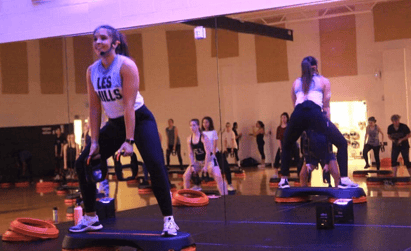 Picture this: It’s the last 10 minutes of your favorite group fitness class on the
Picture this: It’s the last 10 minutes of your favorite group fitness class on the 
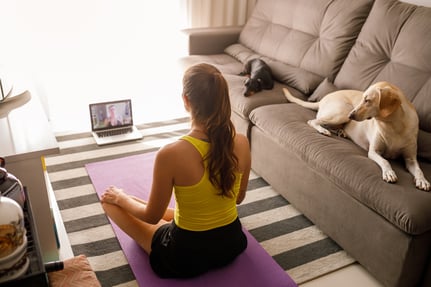 The current COVID-19 pandemic is unlike anything most have experienced in their lifetimes. The dangers of this virus are still real and need to be taken seriously. Even though it seems monotonous, it is important to recognize the importance of wearing a mask and maintaining physical distancing, because at times it seems the public is becoming numb to these terms.
The current COVID-19 pandemic is unlike anything most have experienced in their lifetimes. The dangers of this virus are still real and need to be taken seriously. Even though it seems monotonous, it is important to recognize the importance of wearing a mask and maintaining physical distancing, because at times it seems the public is becoming numb to these terms. 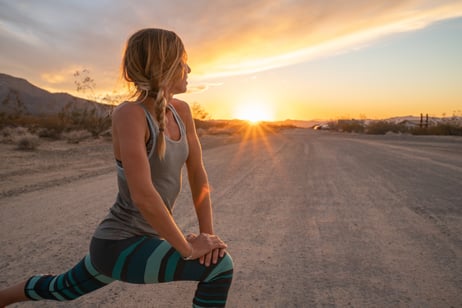 A question I get asked frequently is, “Why are you interning for a fitness center when your major is social work?” The first thing people think of when they hear social work is working at the Department of Child Services, and being in a fitness center doesn’t seem to make sense. But social work is so much bigger than that, and it continues to expand into new places, such as fitness and sports.
A question I get asked frequently is, “Why are you interning for a fitness center when your major is social work?” The first thing people think of when they hear social work is working at the Department of Child Services, and being in a fitness center doesn’t seem to make sense. But social work is so much bigger than that, and it continues to expand into new places, such as fitness and sports.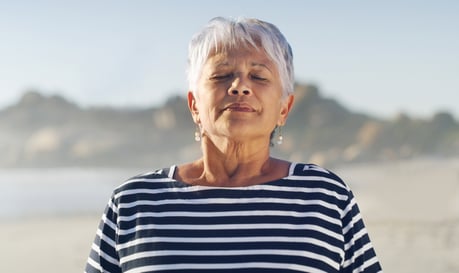 Seriously. Stop and take a breath. Don’t judge your technique, just breathe in and out. Failure to do both in and out will likely result in you fainting, and the ERs and urgent care centers have enough to do without you coming in with a cut forehead requiring stitches.
Seriously. Stop and take a breath. Don’t judge your technique, just breathe in and out. Failure to do both in and out will likely result in you fainting, and the ERs and urgent care centers have enough to do without you coming in with a cut forehead requiring stitches.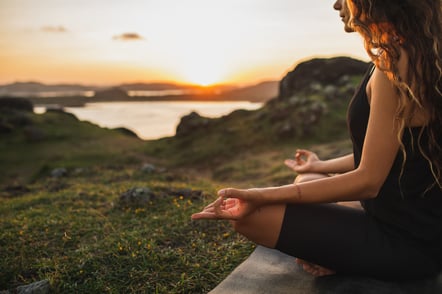 There seems to be an expectation that women are supposed to do it all and not complain. That women are supposed to be wives and mothers, work full time, juggle friendships, have a social life, have time for themselves, so on. Society is ever changing, and we are supposed to keep up with it. Let’s rewind some years ago where most women stayed at home with their children, and taking care of their household was their only responsibility.
There seems to be an expectation that women are supposed to do it all and not complain. That women are supposed to be wives and mothers, work full time, juggle friendships, have a social life, have time for themselves, so on. Society is ever changing, and we are supposed to keep up with it. Let’s rewind some years ago where most women stayed at home with their children, and taking care of their household was their only responsibility.  It goes without saying; we’re living through some pretty odd times. With the onset of COVID-19, many of our lives have been flipped on their heads. For some, there has been less structure, and maybe a little more downtime, and that has the potential to make even the sanest of them all go a little stir-crazy.
It goes without saying; we’re living through some pretty odd times. With the onset of COVID-19, many of our lives have been flipped on their heads. For some, there has been less structure, and maybe a little more downtime, and that has the potential to make even the sanest of them all go a little stir-crazy.  Growing up and continuing to live in the Midwest, I’ve grown to appreciate the summer months more and more. In fact, in Michigan we joke that there are really only two seasons:
Growing up and continuing to live in the Midwest, I’ve grown to appreciate the summer months more and more. In fact, in Michigan we joke that there are really only two seasons: